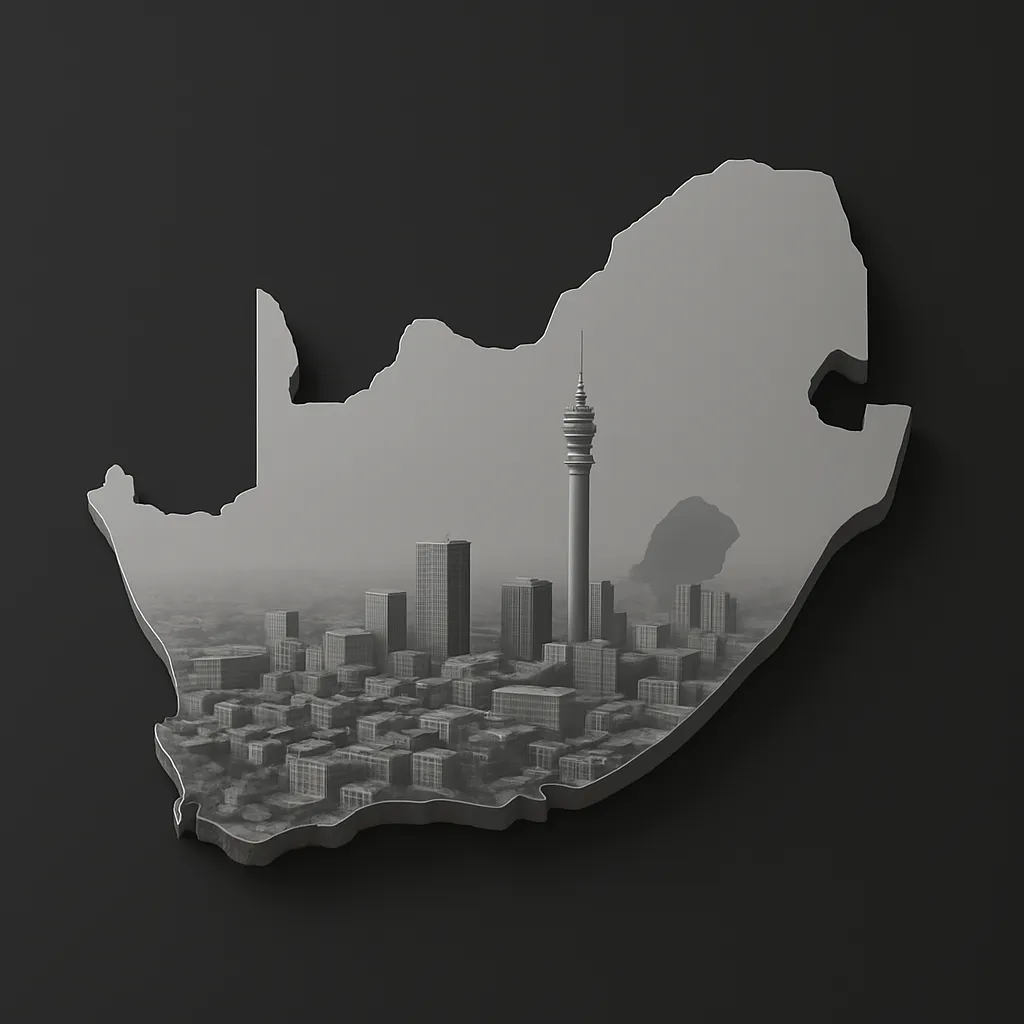
Why Dealerships Are Bleeding Leads (And Don’t Even Know It)
In the modern automotive industry, dealerships invest heavily in lead generation—pay-per-click campaigns, portal listings, social media ads, referral incentives, and more. But for all the time and money spent driving traffic and enquiries, one question remains dangerously overlooked:
What happens to the leads after they arrive?
At SydSen Lead Worx, we’ve audited hundreds of dealer networks and individual showrooms across South Africa and the Middle East. The pattern is alarmingly consistent: most dealerships are losing 30–60% of their leads due to process breakdowns, disjointed tools, and inconsistent follow-up.
And the worst part? They don’t even know it’s happening.
This article explores where those leaks occur, what they’re costing your business, and how to fix them before your competitors do.
The Real Cost of a Lost Lead
Let’s say you spend R40,000/month on Google Ads, social media, and lead platforms.
-
You generate 400 leads.
-
100 are sales-qualified.
-
Only 60 are contacted within the first 24 hours.
-
40 go cold after no follow-up.
-
10 close.
On paper, you’re getting a 2.5% conversion rate. But here’s the reality:
You didn’t lose 390 bad leads—you lost 390 opportunities.
And many of those were lost not because of poor quality, but because they were mishandled.
The Hidden Holes in Your Lead Pipeline
Here are the top 7 reasons dealerships are bleeding leads without realising it:
1. No Centralised Lead Tracking
Many dealerships still rely on inboxes, spreadsheets, WhatsApp, or outdated CRMs that don’t integrate with their website or ad platforms.
Problem: Leads fall through the cracks. Salespeople cherry-pick what’s convenient. Management has no visibility into follow-up behaviour.
2. Slow First Contact Response
The first hour after a lead comes in is critical. Research shows:
-
Leads contacted within 5 minutes are 21x more likely to convert.
-
After 1 hour, conversion potential drops by over 80%.
If your sales team is busy or systems don’t notify them in real time, you’re burning hot leads before they even begin.
3. One-Size-Fits-All Follow-Up
Not all leads are ready to buy. But most dealerships follow the same pattern:
Call. No answer. Try again. Send WhatsApp. Move on.
This lack of nurturing loses leads that need more time, education, or comparison. You need personalised cadences for:
-
Enquiry (just browsing)
-
Trade-in interest
-
Finance application
-
Return customer
Insight: Lead status should drive the approach—not guesswork.
4. No “Next Event” Culture
Many leads die not from disinterest—but from ambiguity. If you don’t set a clear next step (test drive, quote, call-back), the lead goes cold fast.
No follow-up plan = no accountability.
Your team needs systems that enforce structured journeys, not just reminders.
5. Salespeople Playing Gatekeeper
It’s common for individual salespeople to hoard leads, mark them as “dead” prematurely, or forget to update CRM status.
This creates:
-
Artificially low conversion stats
-
No handover to marketing for remarketing
-
A breakdown in cross-functional collaboration
Solution: Use lead scoring and rotation logic to ensure fairness and traceability.
6. Channel Fragmentation
Today’s buyer might:
-
Submit a form on your site,
-
Respond via WhatsApp,
-
Then call about finance the next day.
If your systems don’t track all of this, the lead’s journey looks like three unrelated events—or worse, is counted three times.
Fix: Integrate WhatsApp Business API, CRM, call tracking, and lead forms into a single pipeline.
7. No Feedback Loop Between Marketing and Sales
Marketing teams push leads. Sales teams chase them. But rarely do the two teams align on:
-
What makes a lead “qualified”?
-
Which sources convert best?
-
Which campaigns drive real sales?
The result? Endless budget spent on volume—not value.
Advantage: Dealers that connect lead attribution to close rates optimise smarter and faster.
Real Example: Where Did the Leads Go?
A multi-brand dealer group approached SydSen Lead Worx after noticing that despite increasing leads YoY, their conversion rate had dropped by 42%.
Our audit found:
-
37% of leads were never contacted.
-
22% were contacted once, then abandoned.
-
Finance application leads weren’t flagged separately.
-
Some leads were emailed—but marked “no response” before 1 hour had passed.
Once we rebuilt their process using our automated lead nurturing engine and contact rotation model, response times dropped to under 10 minutes—and close rates more than doubled in 90 days.
The SydSen Lead Worx Fix: Plugging the Leaks
We approach dealership lead management like a supply chain—every handoff matters. Our solution includes:
1. Unified Lead Dashboard
Real-time visibility across WhatsApp, web forms, campaigns, and calls. No more silos.
2. Next-Event Logic
Every interaction triggers the next. Test drive? Reminder set. No answer? Automated re-attempts.
3. Follow-Up Intelligence
Dynamic cadences based on source, time, and prior engagement. No more “check-ins” with no context.
4. Rep Rotation + Quality Scoring
Ensure every lead is followed up. Track who performs. Reassign if a salesperson is unavailable.
5. Attribution Reporting
Know exactly which campaigns, platforms, and actions drive the most sales—not just leads.
The Real Risk? Your Competitors Aren’t Waiting
While your dealership “makes do” with a patchy process, your competitors are:
-
Calling leads in 3 minutes.
-
Sending dynamic WhatsApp quotes.
-
Nurturing leads for 30+ days with strategic reminders.
-
Closing deals while you’re still debating why that lead didn’t pick up.
Final Thought: It’s Not a Lead Problem. It’s a Lead Management Problem.
Most dealerships don’t need more leads.
They need to convert more of what they already have.
If your marketing is working, but your close rate is flat… if your team is calling but not converting… if your system is reporting leads but not showing ROI…
It’s time to look under the hood.



















